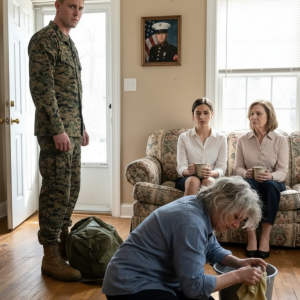President Donald Trump’s top Africa diplomat, Ambassador Troy Fitrell, will retire from the State Department at the end of the month after more than three decades of service. Fitrell has been leading the Bureau of African Affairs while the Senate-confirmed assistant secretary position remains vacant. A veteran foreign service officer, he previously served as U.S. ambassador to Guinea and held senior posts in multiple African embassies and regional offices. In recent remarks, Fitrell noted that the Trump administration is shifting U.S. policy in Africa from development-heavy engagement to a strategy emphasizing stronger commercial ties. Following his departure, Jonathan Pratt, a senior official and former ambassador to Djibouti, will assume the bureau’s top role.
Fitrell’s exit marks the second significant departure from the administration in a short period. Admiral Alvin Holsey, commander of U.S. Southern Command, also announced that he will leave his post despite overseeing one of the largest counterdrug and counterterror operations ever conducted in the Caribbean. The Pentagon has rapidly deployed about 10,000 troops, warships, and Marines across the region in an effort the administration describes as combating narcotrafficking networks linked to soaring U.S. overdose deaths. Holsey’s resignation, occurring less than a year into what is usually a three-year assignment, has raised questions; current and former officials said he privately voiced concerns about both the mission and the strikes on alleged drug-smuggling vessels.
Although Defense Secretary Pete Hegseth publicly praised Holsey’s service and did not reference any disagreements, Pentagon officials acknowledged broader policy tensions—particularly over Venezuela. The resignation came shortly after reports that the Trump administration secretly authorized CIA covert activity in Venezuela and was weighing potential military strikes inside the country. These developments unfolded as military planners drafted escalation options for the president. The administration has framed its expanded operations in the Caribbean as a necessary response to national-security threats and intensifying narcotics-related dangers, while maintaining a substantial naval and Marine presence throughout the region.





